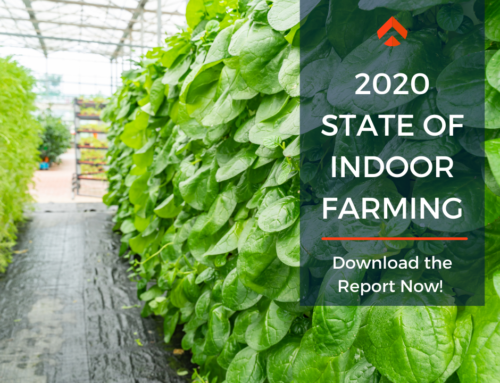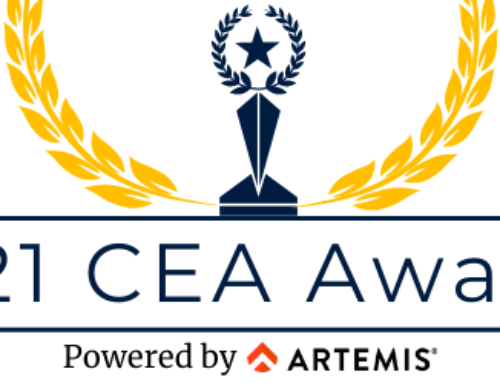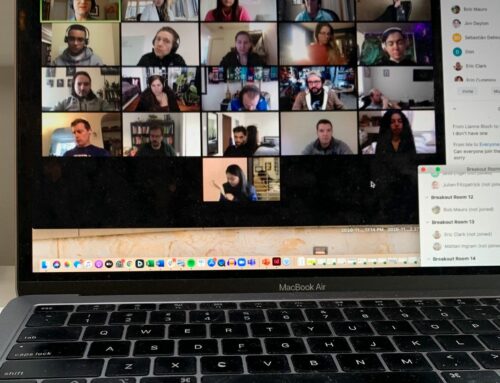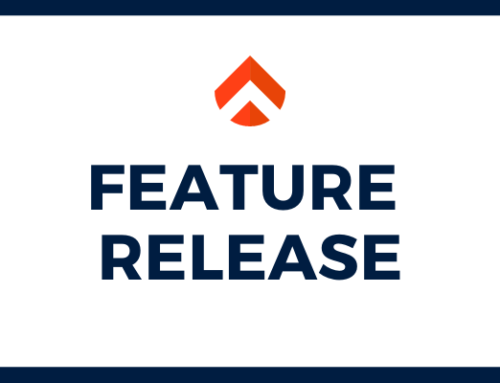Our agricultural sector is rapidly evolving. The last decade has brought about unprecedented changes in how we define product safety, business success, equity investment, and health & wellness. For some, change is coming too fast, and for others, not fast enough. For farmers, it’s especially challenging.
Not only are they faced with a revolution of consumer behaviors and expectations, they are also under increasing pressure to produce more with less, of higher quality and greater abundance, with less labor and greater accountability. Everyone eats, and every aspect of our lives is affected by agriculture.
It’s easy to become overwhelmed by the scope of the change. Consumer demands are vocal and broadcast in full color on social media. Promises of social equity and community reinvestment, for farmers and eaters both, can take a long time to bear fruit. New crop markets are opening, subject to increasingly complex regulatory requirements, and it’s hard to choose the right time to enter them. Climate events continually highlight the unpredictable and hazardous nature of farming. Technology must bridge generational, educational, and governmental divides.
How we react to the change is up to us. If we choose to surrender to overwhelm or despondency, it makes it extremely hard to choose joy and optimism instead. Perhaps the complexity of the choice is itself too much, and we choose apathy or fatalism. Maybe we’re too tired to cope, and we choose to ignore the changes altogether, whistling in the dark. We might feel like the choices are being forced upon us. Sometimes, we understand that choices are forced because we chose to refuse to show up to the world and participate in defining what those choices should be.
I challenge all farmers and eaters to consider a different option. What if, instead of focusing on our maelstrom of feelings, we take a step back? What if we stop expending our emotional and intellectual resources in frustration and despair, and we just take a moment to accept reality? What does that mean?
For farmers and agricultural entrepreneurs, it means pausing our internal commentary about our frustration with regulators, our impotent rage at the weather, our embarrassment when we don’t pass a third-party audit, our sadness at how we sacrifice our labor and our families, and our exasperation with the consumer. It means taking a moment to let our minds and thoughts get ahead of our hearts and our feelings.
It means meeting the world where it is, right now. And getting the work done.
Food and product safety is a choice that every producer and consumer makes together. We have a choice to look at product compliance as an external force acting upon the producer/consumer relationship, or, as a choice that we own and use to empower and strengthen that relationship. If an aspect of a farming operation costs the farmer money, they need to factor that into their price. If a consumer wants a superior product, they must factor that into their budget. If either party is unsatisfied with how the government is working to moderate that power exchange, then either one needs to consider how to participate meaningfully in the rule-crafting process.
At Artemis, we believe that technology can simplify the process of producing safe, accountable products efficiently and effectively. We believe that information collected, analyzed, and securely stored doesn’t just improve product outcomes or satisfy a regulation, it protects the integrity of the trust between the producer and the consumer. We believe this commitment to safety and accountability should reach beyond minimum compliance standards, and that the process of creating an accountability system shouldn’t be emotionally exhausting. We believe that staying ahead of the curve of regulatory development is critical to client success, and we work hard to collect the best resources to support them on their journey.
Let us meet you where you are.






Leave A Comment